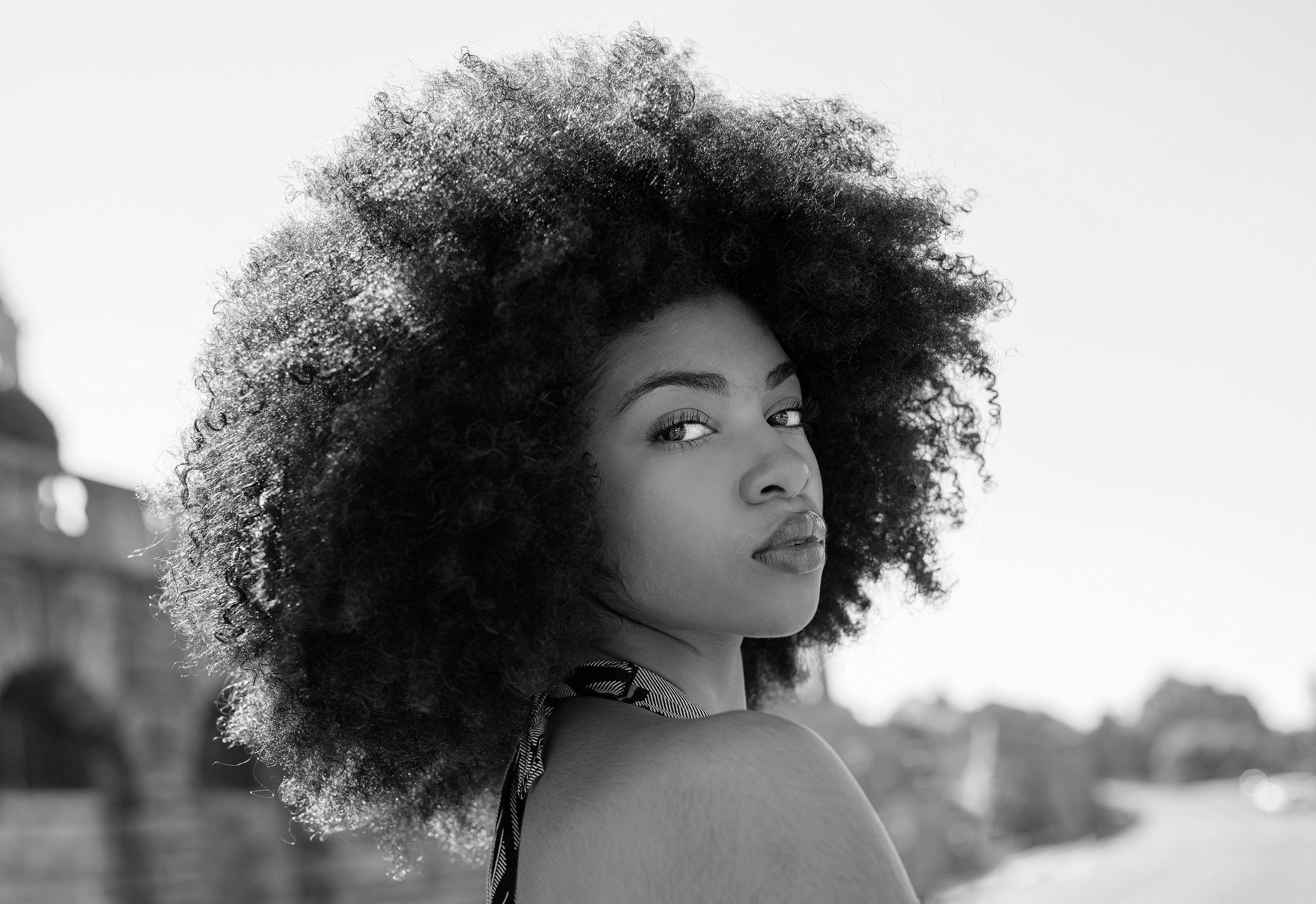
Generation Next: Zulaikha Patel
Around the world, a new generation of activists focused on the overhaul of institutionalized racism has emerged, and Zulaikha Patel has chosen to spotlight how South Africa contributes to the global fray. Since the age of thirteen, she has been committed to the social justice and antiracism work in which she remains fully immersed.
In 2016, Patel and her classmates protested Pretoria Girls High School’s policies after faculty made comments that their hair was “exotic,“ that their natural Afros needed to be tamed, and that students could not speak their own dialects on school grounds, even amongst themselves. Black students were constantly criminalized and told “that we could not stand in groups of more than three or four because we were accused of conspiracy or looked intimidating,“ Patel explains. “If Black lives are not regarded as a whole, then the Black appearance and the Black identity will not be regarded.“ Since then, she has been dedicated to her work focusing on antiracism not just within institutions like schools, but also directly in her community.
Before the pandemic, Patel, now nineteen, became an ambassador with the Charlotte Mannya Maxeke Institute, named after the pioneering South African activist who toured Europe with her singing talent, immigrated to the United States to learn under W.E.B. Du Bois’s tutelage, and became the first Black woman to graduate with a BSc degree in her country. Foreseeing the ever-widening toll the pandemic would have on impoverished women, Patel teamed up with the Institute to launch the #BringHerUp program, organizing the delivery of Dignity Packs, a monthly supply of sanitary toiletries, to women in local townships during South Africa’s lockdown. “I noticed an injustice that in all the government programs to assist people, they left women out,“ she explains. “I felt that it was a big injustice since, prior to the pandemic, women were already vulnerable and the most marginalized people in the country— particularly Black women, who also make up the majority of South Africa’s population.“
The past year has given Patel fruitful opportunities to speak on the imbalance that many South African women face, including in an op-ed for Al Jazeera and a TEDxALURwanda talk. Last spring, she published her first children’s book, My Coily Crowny Hair, to imbue young girls with confidence. “South Africa is a perfect example of how destructive reform is as opposed to abolition,“ Patel explains. “How we can get everything to change, whereby I as a Black woman can just walk into the workplace, institutions of learning, freely without there having to be a political conversation on our identity, is abolishing the system that sustains policies that work against Black people.“ When she considers her wishes for Generation Z, the self-described Black radical feminist and abolitionist speaks passionately about her cohort’s political power to reject established gerontocracies. “Young people don’t only belong in the streets protesting, marching for rights, for justice,“ Patel points out. “I envision a future short-term where young people are the ones at the forefront politically. Young people also belong where policies are being drafted, where policies are being made.“
Read this story and many more in print by preordering our inaugural issue here. See the full Generation Next series here.
As a nonprofit arts and culture publication dedicated to educating, inspiring, and uplifting creatives, Cero Magazine depends on your donations to create stories like these. Please support our work here.






